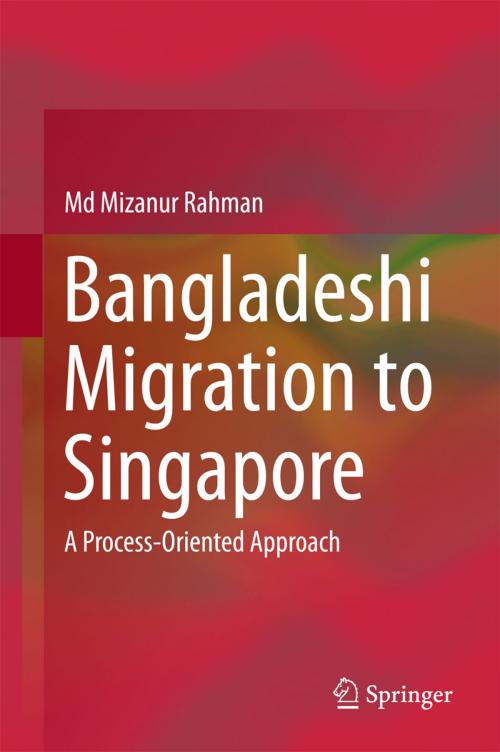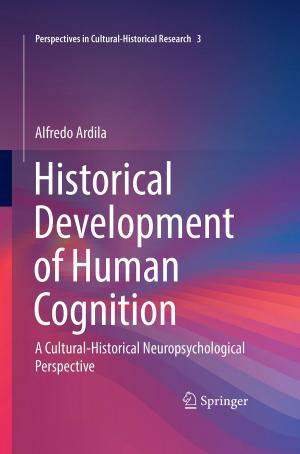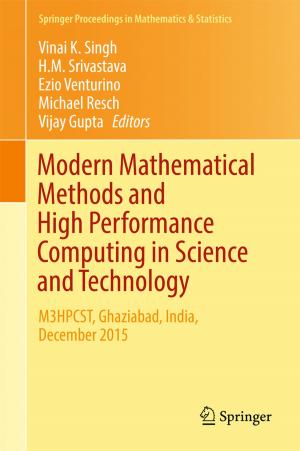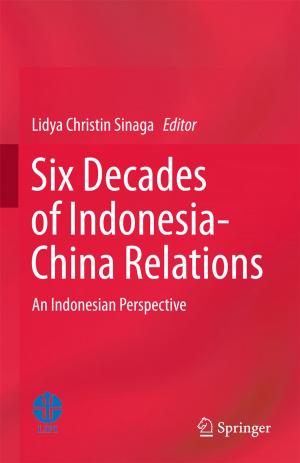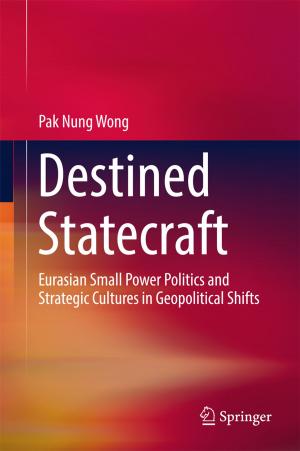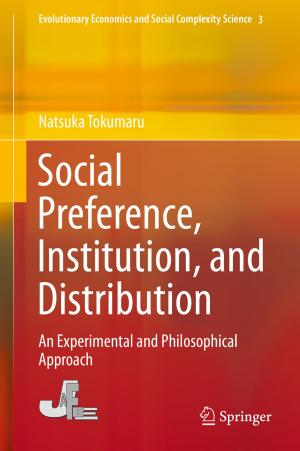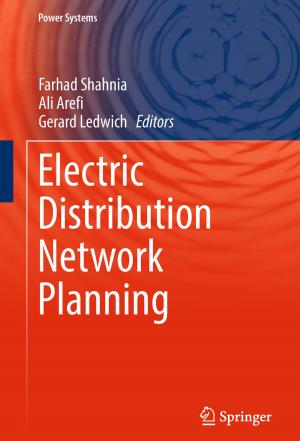Bangladeshi Migration to Singapore
A Process-Oriented Approach
Nonfiction, Social & Cultural Studies, Social Science, Cultural Studies, Emigration & Immigration, Business & Finance| Author: | Md Mizanur Rahman | ISBN: | 9789811038587 |
| Publisher: | Springer Singapore | Publication: | March 7, 2017 |
| Imprint: | Springer | Language: | English |
| Author: | Md Mizanur Rahman |
| ISBN: | 9789811038587 |
| Publisher: | Springer Singapore |
| Publication: | March 7, 2017 |
| Imprint: | Springer |
| Language: | English |
This book examines international labour migrants in the context of South–South migration with a focus on Bangladeshi migration to Singapore. Two principal questions in the South–South migration are addressed: Why and how individuals migrate for work; and what impact this temporary form of migration has for migrants and their families. The book adopts a relatively new methodological approach to labour migration by linking different phases that migrants undergo in the migration process and by combining migrants in the host country with their families in the origin country. This is achieved through identifying and addressing six key areas: (i) migration policy, (ii) social imperatives of migration (iii) recruitment, (iv) social worlds of the migrants, (v) remittance process, and finally, (vi) family development dynamics. This book introduces the bari to migration research as a unit of analysis over and above individual and family units. The book reveals how social and cultural forces both initiate and perpetuate migration, and later on influence bari dynamics.
This book examines international labour migrants in the context of South–South migration with a focus on Bangladeshi migration to Singapore. Two principal questions in the South–South migration are addressed: Why and how individuals migrate for work; and what impact this temporary form of migration has for migrants and their families. The book adopts a relatively new methodological approach to labour migration by linking different phases that migrants undergo in the migration process and by combining migrants in the host country with their families in the origin country. This is achieved through identifying and addressing six key areas: (i) migration policy, (ii) social imperatives of migration (iii) recruitment, (iv) social worlds of the migrants, (v) remittance process, and finally, (vi) family development dynamics. This book introduces the bari to migration research as a unit of analysis over and above individual and family units. The book reveals how social and cultural forces both initiate and perpetuate migration, and later on influence bari dynamics.
